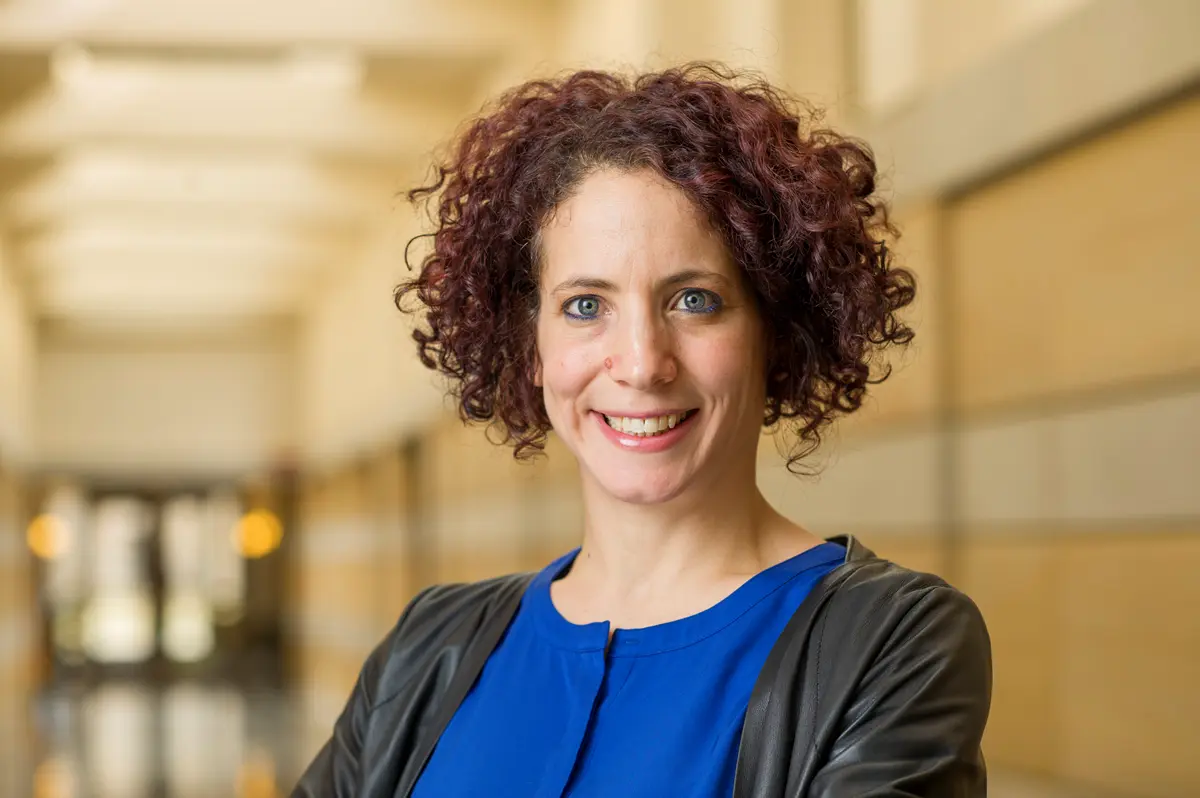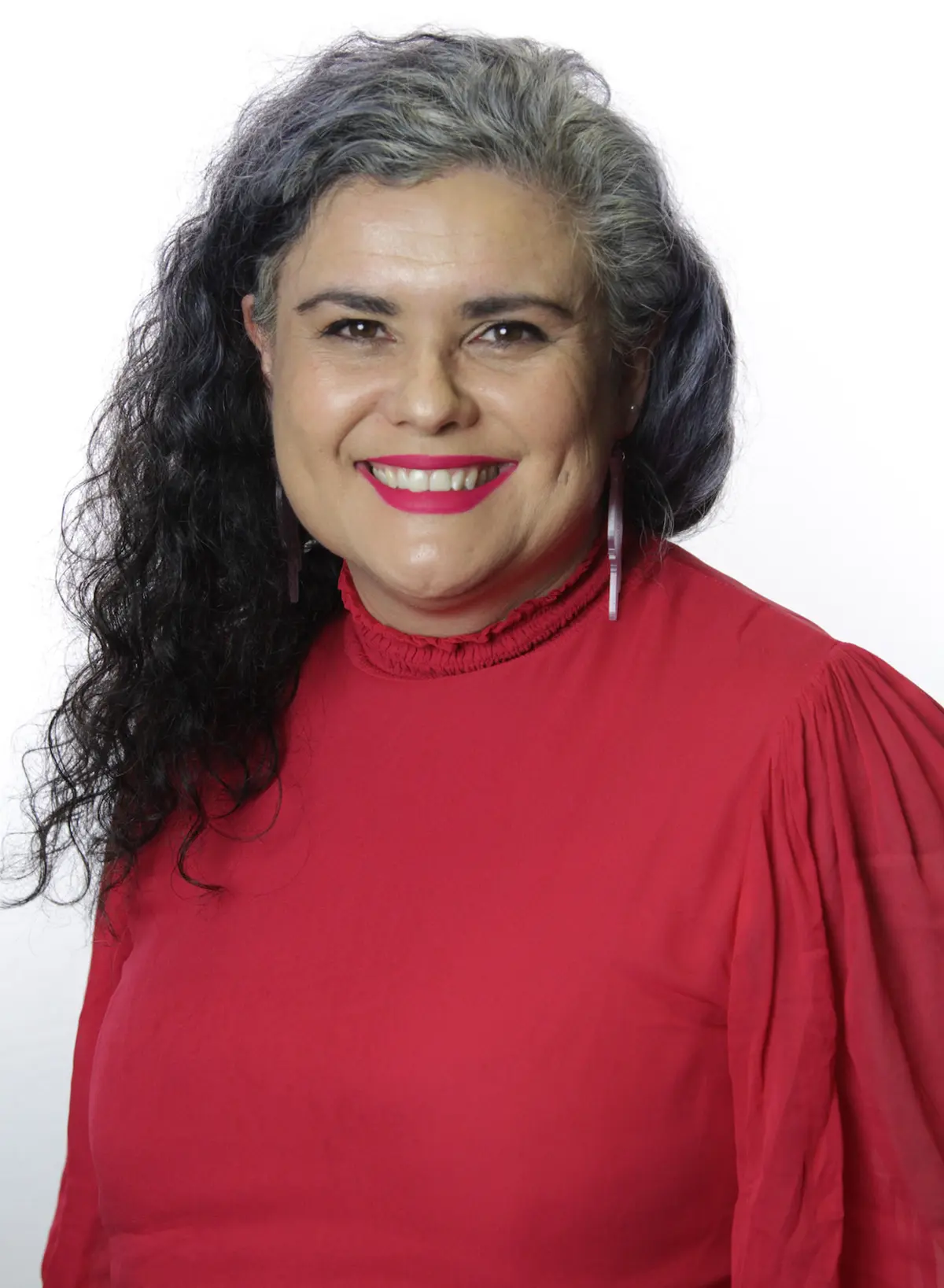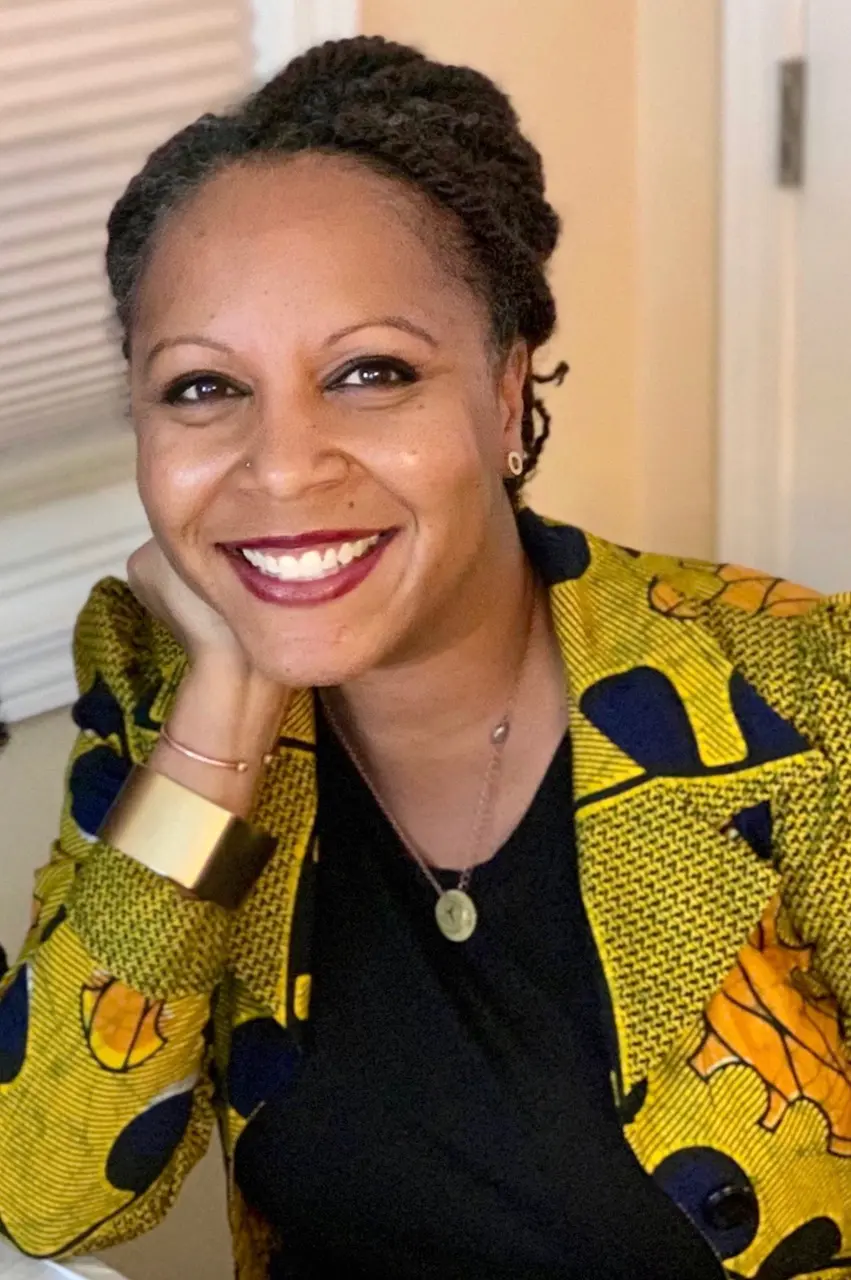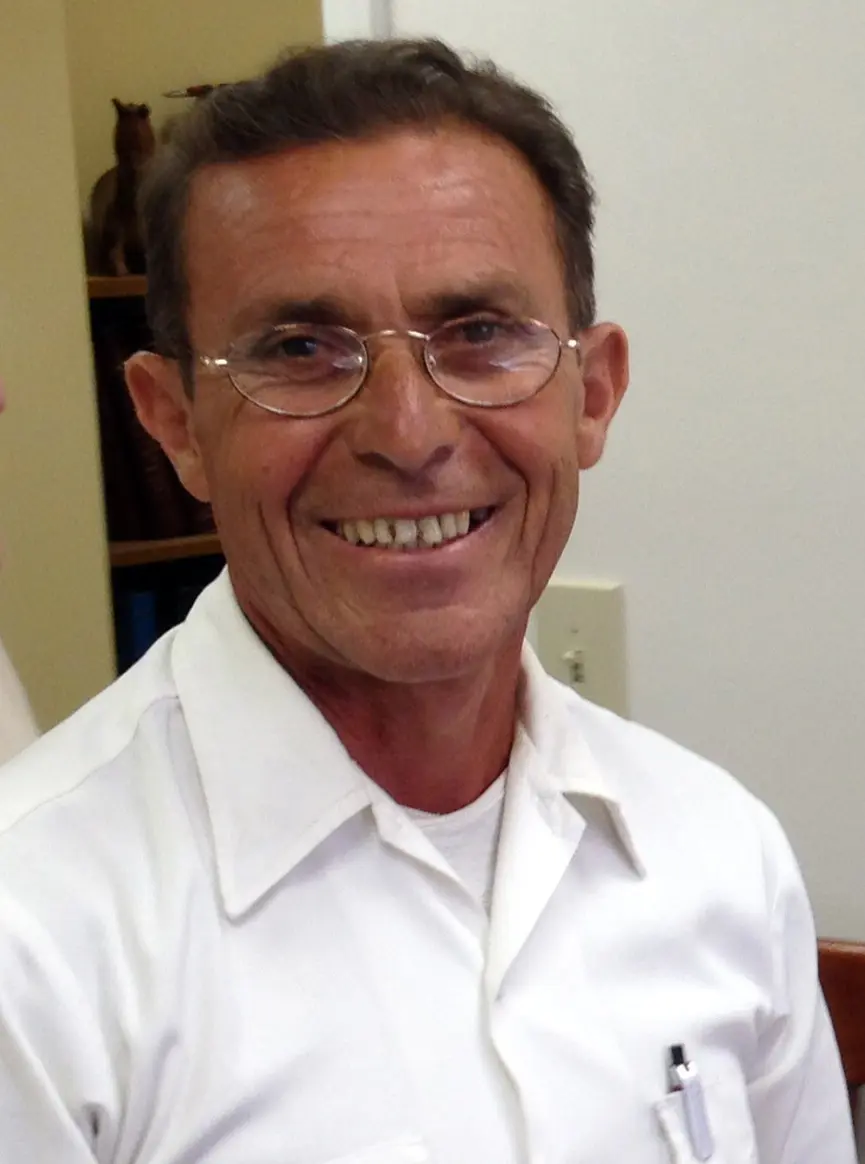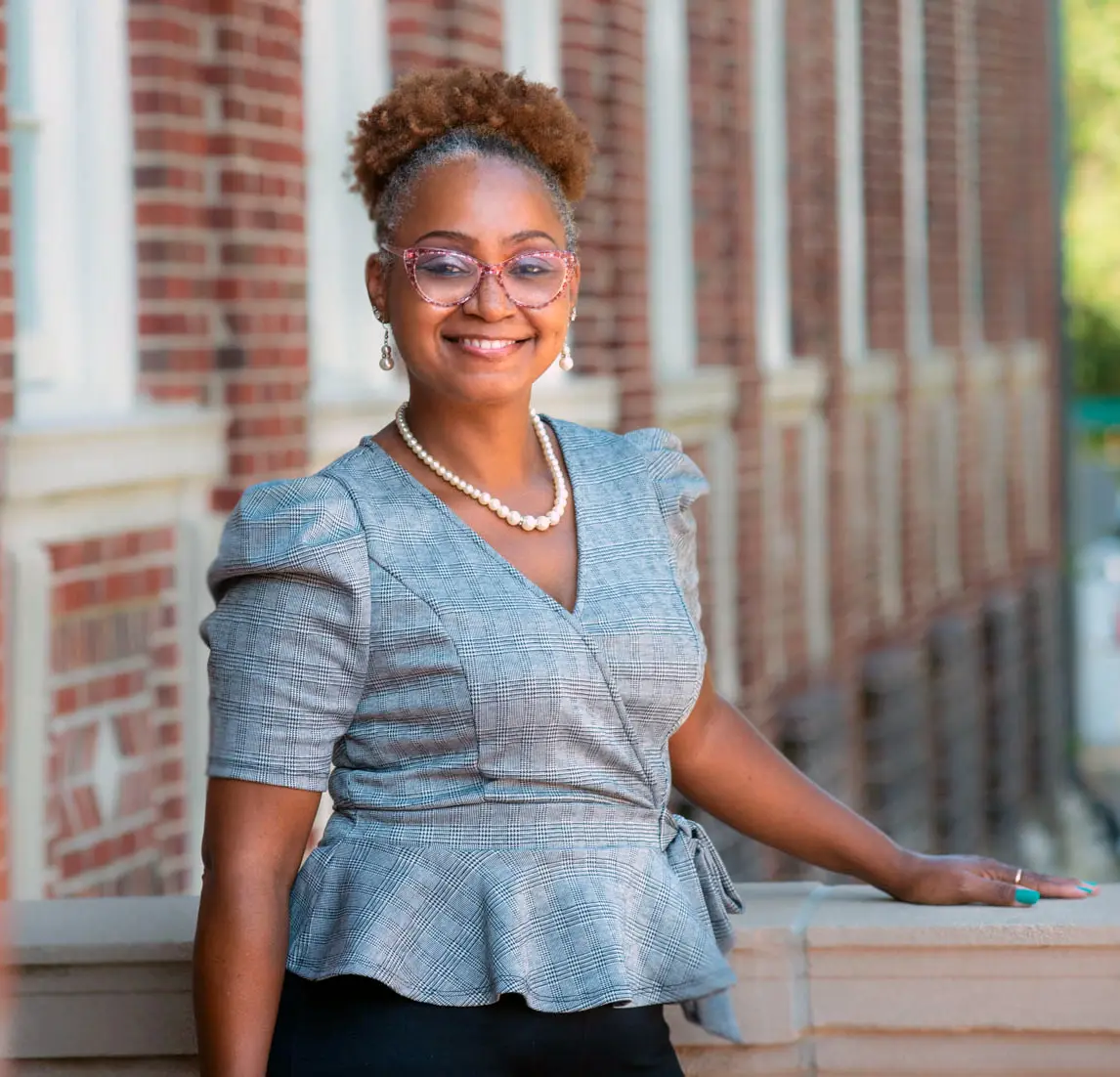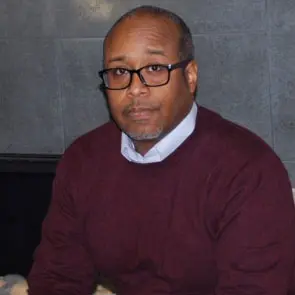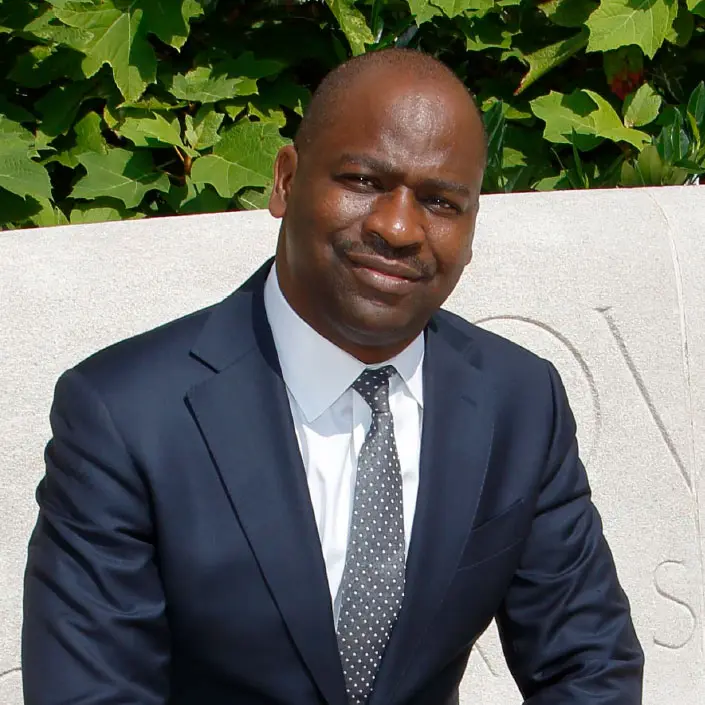Christina M. Greer, Ph.D., is an Associate Professor of Political Science and American Studies at Fordham University (Lincoln Center Campus).
She was the 2018 Fellow for the McSilver Institute for Poverty Policy and Research at New York University Silver School of Social Work. Her book, Black Ethnics: Race, Immigration, and the Pursuit of the American Dream (2013), was the recipient of the W.E.B. du Bois Best Book Award in 2014 given by the National Conference of Black Political Scientists.
She recently co-edited Black Politics in Transition, which explores gentrification, suburbanization, and immigration of Blacks in America.
She is a frequent political commentator for media outlets, including MSNBC, the N.Y. Times, Wall Street Journal, and the AP. She is the co-host of the New York centered podcast FAQ-NYC and co-host of the Black centered podcast What's In It For Us, is the politics editor at thegrio.com, is the producer and host of The Aftermath and The Contender on Ozy.com as well as their editor-at-large, is a frequent author and narrator for the TedEd educational series, and also writes a weekly column for The Amsterdam News, one of the oldest black newspapers in the U.S.
Marisa A. Abrajano, Ph.D., is Professor of Political Science at the University of California, San Diego.
Her research interests are in American politics, particularly racial and ethnic politics, political participation, voting and campaigns, and the mass media. She is the author of several books, the most recent one entitled "White Backlash: Immigration, Race and American Politics" (with Zoltan Hajnal), published by Princeton University Press in 2015. It was the recipient of the American Political Science Association's Ralphe Bunch Award for the best book on Race and Politics in 2015. Her other award winning book, "Campaigning to the New American Electorate: Television Advertising to Latinos," was published in 2010 by Stanford University Press. She is also the author of "New Faces, New Voices: The Hispanic Electorate in America" (with R. Michael Alvarez) published by Princeton University Press in 2012. Her other work has been published in leading journals in political science.
Sophia Jordán Wallace, Ph.D., is an Associate Professor in the Department of Political Science at the University of Washington in Seattle.
She is the Director of the Washington Institute for the Study of Inequality and Race (WISIR). Her research interests include the politics of race and ethnicity, Latino politics, immigration politics and policy, representation, and public opinion. She is the co-author of Walls, Cages, and Family Separation: Race and Immigration Policy in the Trump Era (Cambridge University Press, 2020). Her work has been published in various journals including the American Journal of Political Science, Political Research Quarterly, and International Migration Review among others. She is currently working on two books. One is entitled, United We Stand: Latino Representation in Congress. The other is called, Immigration Reform: Failure and Success in Congress. Her work has been supported by the Ford Foundation, the Social Science Research Council, the Dirksen Congressional Center, and the John W. Kluge Center at the Library of Congress.


